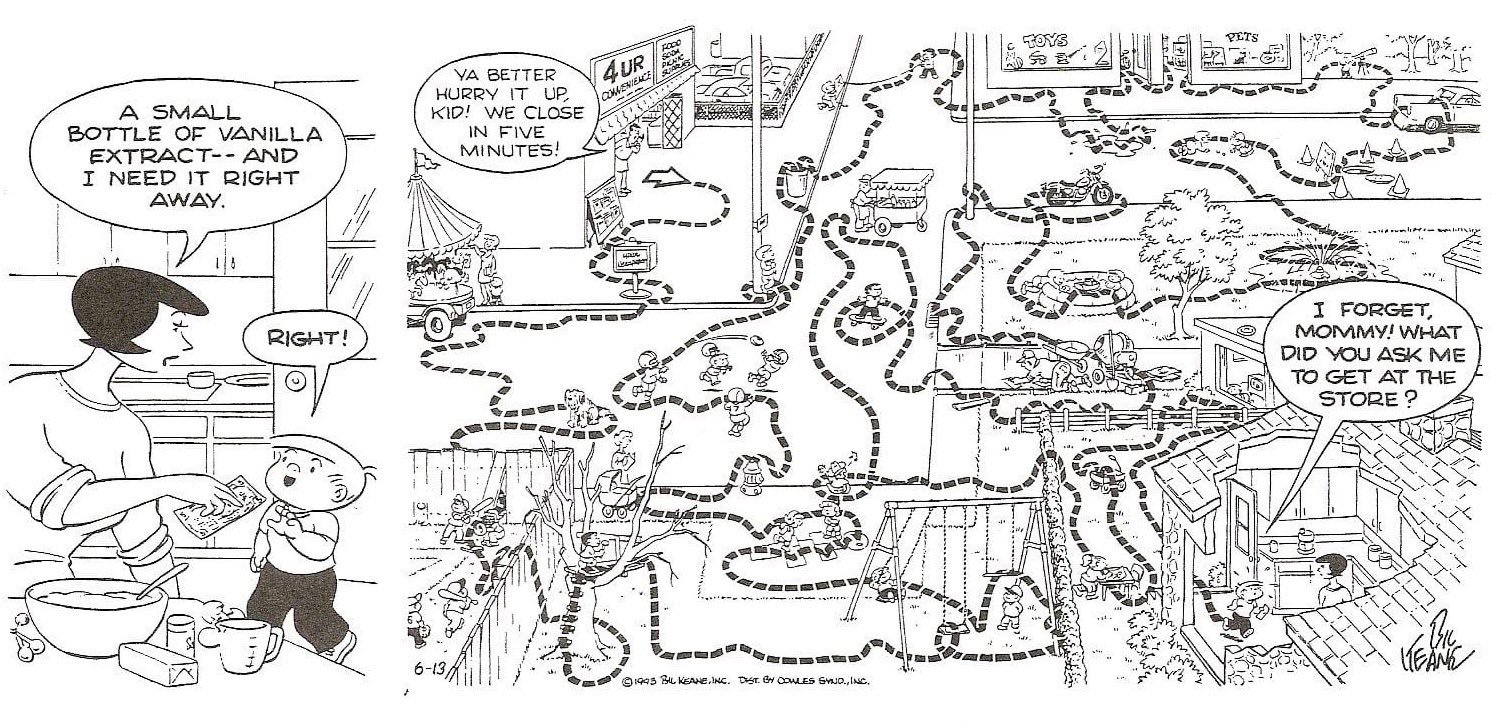Okay, we don’t actually have memberships at the same gym. But if we did, would I have seen you there? February marks the death of most New Year’s resolutions, and fitness goals are no exception. Almost 50% of new gym memberships are canceled by February.
Despite the allure of a fresh start and possibility for a better self each New Year, statistics suggest that out of the millions of resolutions made, a staggering 80% ultimately fail. Why? What makes well-intentioned goals so ineffective and difficult to follow through with? Goals, it turns out, have several key weaknesses.
Goals
Goals expire. Achieving a certain milestone is a goal’s endpoint. It fails to define what happens next or establish a method of sustainability. Saving a specified sum of money to eliminate debt, for instance, doesn’t prevent someone from falling back into debt if the behaviors that led to the necessity of that goal aren’t addressed.
Goals actually limit potential. Ironically, the goals we lay out to create success, may actually limit it. Aiming for a definitive benchmark discourages considering that we could actually achieve more. Losing 10 pounds is an accomplishment, but what if losing 20 was healthy and possible?
Goals lack a plan of execution. After 62 years of syndication, I’m still waiting for The Family Circus to be funny. Even so, one strip from this comic always comes to mind when I think about the difficulty in seeing a goal to completion. Perhaps you’re familiar with Billy’s reoccurring neighborhood wanderings shown in the strip below.

After taking an epic tour of the neighborhood, Billy returns home having failed to accomplish the goal buying his mother a bottle of vanilla extract. Even worse, he’s no longer even certain of the goal that he set out to achieve.
How many of us, like Billy, expend a disproportionate amount of time and energy with aimless wandering when compared to actual progress made toward a goal?
Habits
No one aimlessly wanders into a state of fitness: physical, financial or otherwise. So, if goals are not the answer, how can we effectively accomplish positive change this year?
An alternative is to focus on establishing habits instead of goals. Stack enough habits (or micro-actions as Carl Richards of Behavior Gap refers to them) together, and you’ll generate positive change.
Habits have the exact opposite effect than goals. While goals fall by the wayside, habits become ingrained.
Habits stick around as long as you do. Habits are behaviors that don’t come with an expiration date. If you have a significant other, you can probably think of one or two habits they’ve exhibited as long as you’ve known them.
One of the most powerfully successful financial habits is systematizing savings started early. The epitome of a micro-action, systematic savings compounded over time, yield tremendous returns.
Small, incremental percentage changes to a retirement contribution rate, for example, is a financially powerful habit to start. A 1% annual increase in a savings rate over a period of years is barely noticeable in the moment, but it could be the difference-maker in a successful retirement plan.
Habits enable us to exceed our goals. Developing a specific exercise habit (such as running 3 miles every Monday, Wednesday and Friday morning), or packing a lunch instead of eating out, has potential to exceed a stand-alone weight loss goal or a vague commitment to “healthier living.”
Creating a habit of setting out workout clothes and packing a lunch the night before makes it harder to skip the next morning.
Habits create a systematic framework for success. Falling short of a goal can be demoralizing. Building habits, or micro-actions, adds a psychological advantage because they allow for incremental success that turns into significant change over time.
Habits not only correct the inherent weaknesses in stand-alone goals, they also offer the potential to take us further than our goals originally defined. If you’re struggling to stay committed to your goals this year, employ the power of habits to build lasting change.


